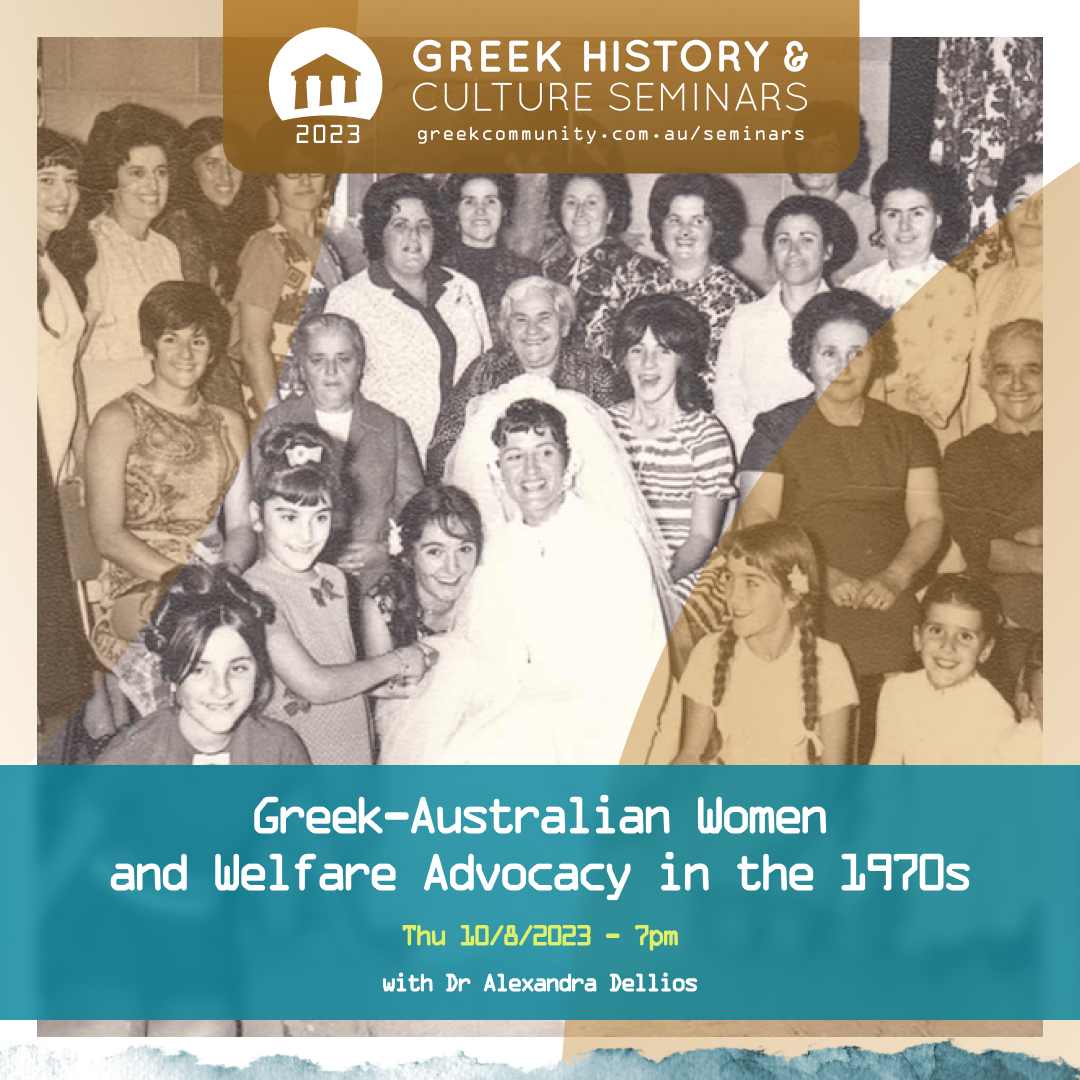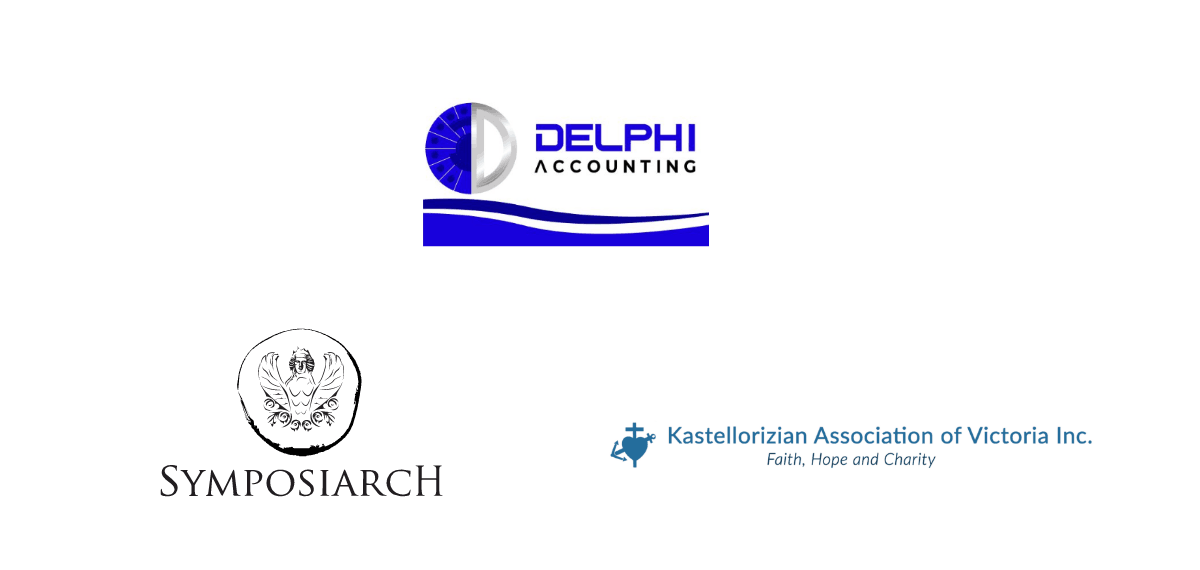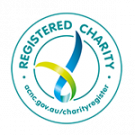| |
Synopsis
In the 1970s, the field of social welfare underwent dramatic changes—some of this change was propelled by the demands of migrant and ethnic-minority communities. Greek-Australian women played a key role in the migrant welfare and advocacy field, as welfare rights officers, health interpreters, welfare workers, and activists.
They worked at the frontlines of multicultural service delivery, meeting the complex (and previously neglected) needs of migrant and non-English-speaking communities—sometime from positions within ethnic community groups (Greek Orthodox Communities or the Australian Greek Welfare Society), ecumenical charities (like the Ecumenical Migrant Centre in Richmond), or in state-funded multicultural information and health centres that emerged from the 1980s (including Migrant Resource Centres and other state-based health agencies).
This seminar will explore the experiences of these women, self-identified as the first ‘ethnic’ welfare workers. In addition to archival work and personal testimony, the paper draws on oral histories conducted with former welfare workers and advocates active in Sydney from the 1970s onwards. What issues did they tackle in this period? For example, what role did Anglo-Australian stereotypes from within the health, legal and social service systems play in how they navigated their clients’/community’s needs? How did they operate within the evolving bureaucratic and discursive context of multiculturalism, first proposed in the early 1970s? What new perspectives can these women provide to histories of migrant social service delivery and the welfare state in Australia?
The social and health issues they tackled were complex and, in many ways, remain prescient nearly fifty years since the introduction of a national multicultural policy, and state multicultural bureaucracies.
|
|



